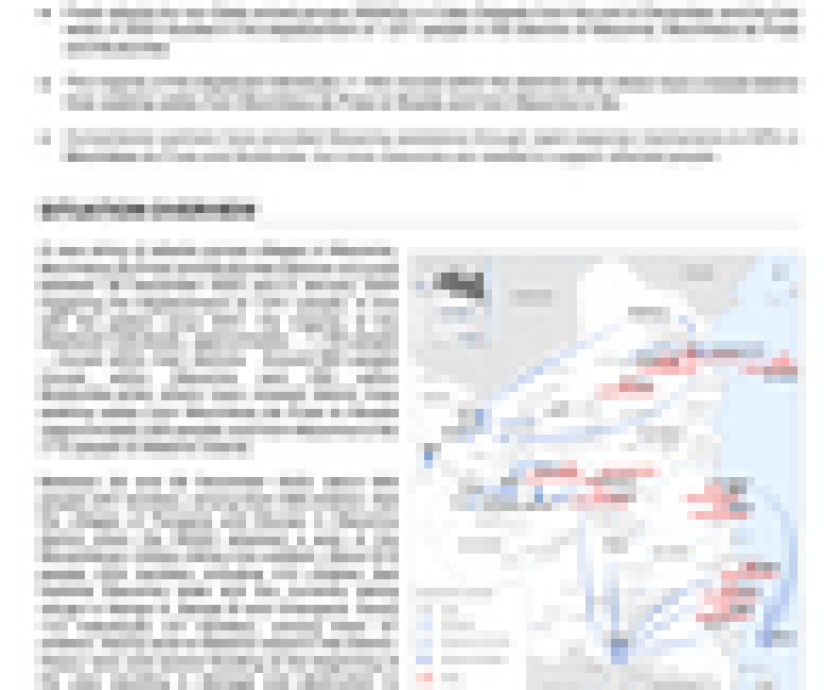Human Rights Watch Board of Directors named co-chairs Amy Rao (L) and Neil Rimer.
(New York) – Tech entrepreneur and human rights activist Amy Rao will lead the international board of directors at Human Rights Watch, succeeding co-chairs Hassan Elmasry and Robert Kissane in October 2019. In 2020, Neil Rimer, a Human Rights Watch board member since 2009, will join her as co-chair.
Rao takes on this role as we confront major threats to human rights, including the rise of authoritarian populist leaders, the climate crisis, wartime atrocities, and the record 65 million people displaced from their homes.
“We know that climate change will wreak havoc especially on vulnerable populations. That requires we focus on exposing abuses and devising and advocating for the solutions that will cause governments to protect human rights,” said Rao, the CEO and founder of Integrated Archive Systems.
During her nine years on the Human Rights Watch board, Rao has advocated strongly for humane treatment of migrants and asylum seekers, reform of the racist US criminal justice system, and the rights of women and girls in war-torn countries such as the Democratic Republic of Congo. Rao has five children, spent her career in Silicon Valley, and lives with her husband in Palo Alto, California.
In December 2020, Neil Rimer, co-founder of the venture capital firm Index Ventures, is scheduled to join Rao as co-chair.
“Supporting Human Rights Watch for the past 20 years has been my antidote to indifference,” Rimer said. “Human Rights Watch’s tireless work to hear the victims of abuses, corroborate their stories, and bring their perpetrators to justice is vital to the preservation of our human rights.”
Rimer, who has three children and lives with his wife in Geneva, is particularly concerned by the human rights threats and opportunities posed by technological advances, including artificial intelligence and big data.
“We must be a leader ensuring that tools from the technological revolution are deployed effectively,” Rao and Rimer said. “For example, how we use artificial intelligence to enhance our field investigations, while pressing for global policies to protect us all from bias and abusive mass surveillance.”
During Elmasry and Kissane’s tenure, Human Rights Watch strengthened the internal systems, processes, and culture that ensure the organization can work effectively within the human rights movement to advance dignity, equality, and justice. Nearly 500 staff work on more than 90 countries, investigating and exposing wrongs, offering solutions, and challenging those with power to respect rights.
Rao and Rimer said a priority will be to enhance systems that best support the staff, ensuring they have the training and cutting-edge tools to operate effectively throughout the world, and a culture that fosters resilience around often stressful work.
“Amy and Neil bring the skills and energy to ensure Human Rights Watch continues to grow and innovate to meet the considerable threats to all our rights,” said Kenneth Roth, executive director of Human Rights Watch. “We’re grateful to Hassan and Bob for their stewardship in building and maintaining a strong institution.”



